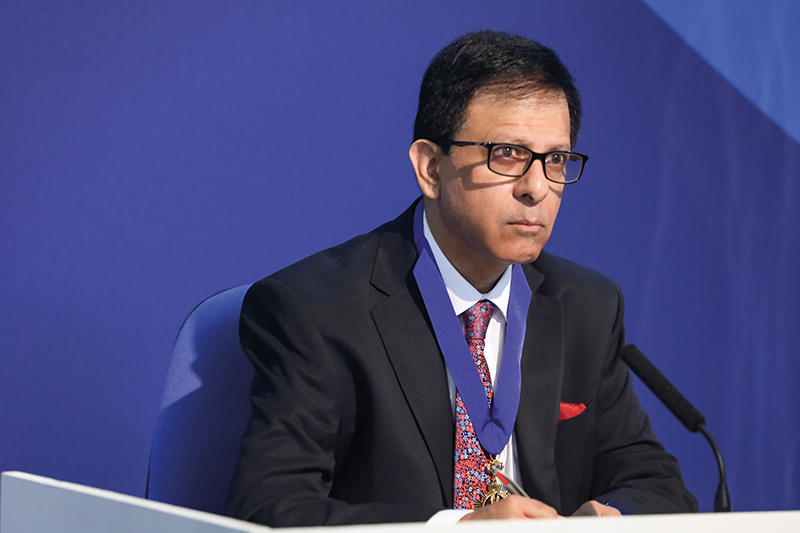While her children quickly recovered, she and her husband did not, making them part of that growing cohort of people with what has become known as long COVID.
Having contracted the infection at work near the start of the pandemic, Dr Small is campaigning for recognition of acute COVID and long COVID as an occupational disease.
Although many people – among them bus drivers, shop workers and teachers – have an increased risk of becoming infected with COVID owing to their occupation, healthcare workers are almost in a category of their own.
Higher risks
According to the ONS, healthcare workers report greater levels of long COVID (generally defined as symptoms of COVID that last weeks or months after initial infection, including – but not confined to – extreme fatigue, chest pain or tightness, memory and concentration problems, and shortness of breath).
As of March this year, the ONS estimated that 122,000 NHS workers reported ongoing symptoms (around 4 per cent of the 1.1 million people in the UK believed to have long COVID at that point).
Dr Small is one of these, as she told the BMA annual representative meeting on Monday. ‘I went to work as a doctor during the pandemic, doing my duty. I donned my inadequate PPE and, like many others, caught COVID at work.
'I passed it on to my husband and my two children. We watched our Sats plummet. We proned ourselves to alleviate the difficulty we had in breathing. We stayed at home to protect the NHS.’
She and her husband were left with persistent fatigue, myalgia, brain fog and a host of other symptoms. And although they ‘clapped for carers’ and drew rainbows on their windows, six months into long COVID, Dr Small lost her job as a GP in Lothian, expelled from her partnership.
‘I am not the only GP to lose my job. I’m aware of colleagues being forced to medically retire as they have no other options. We caught COVID at work, during a pandemic, wearing the only protection offered to us, which we know is inadequate against this airborne virus.’
Occupational illness
 NAGPAUL: Long COVID airbrushed out by Government
NAGPAUL: Long COVID airbrushed out by Government
One and a half thousand healthcare workers have died after being infected with COVID, she said, and 122,000 were unable to work because of long COVID.
‘When will our government follow other governments in recognising that COVID-19 is an occupational illness?’ she added, citing France, Belgium, Denmark, Belgium and Canada as examples of nations which had done just that.
Before COVID, doctors were already losing their mental health, their marriages, their work-life balance and much more due to working in the NHS. ‘Those of us who are sick now as a result of COVID are also losing our health, and some our lives. Enough is enough.’
She called on the BMA to work hard to fight for the rights of those in that position, ensuring they received adequate treatment, support and compensation from the government. ‘If we are going to recover as a nation from this pandemic we need the staff to provide the care and support our patients need.’
BMA council chair Chaand Nagpaul told the ARM that the Government had ‘airbrushed’ long COVID.
‘All that ministers talk about are hospitalisations and deaths, and in doing so, they are ignoring the illness burden. I have done everything that I can to explain that the burden of illness isn’t just about hospitalisations, but people who are seriously ill in the community, and we need to take on board all these points,’ he said.

